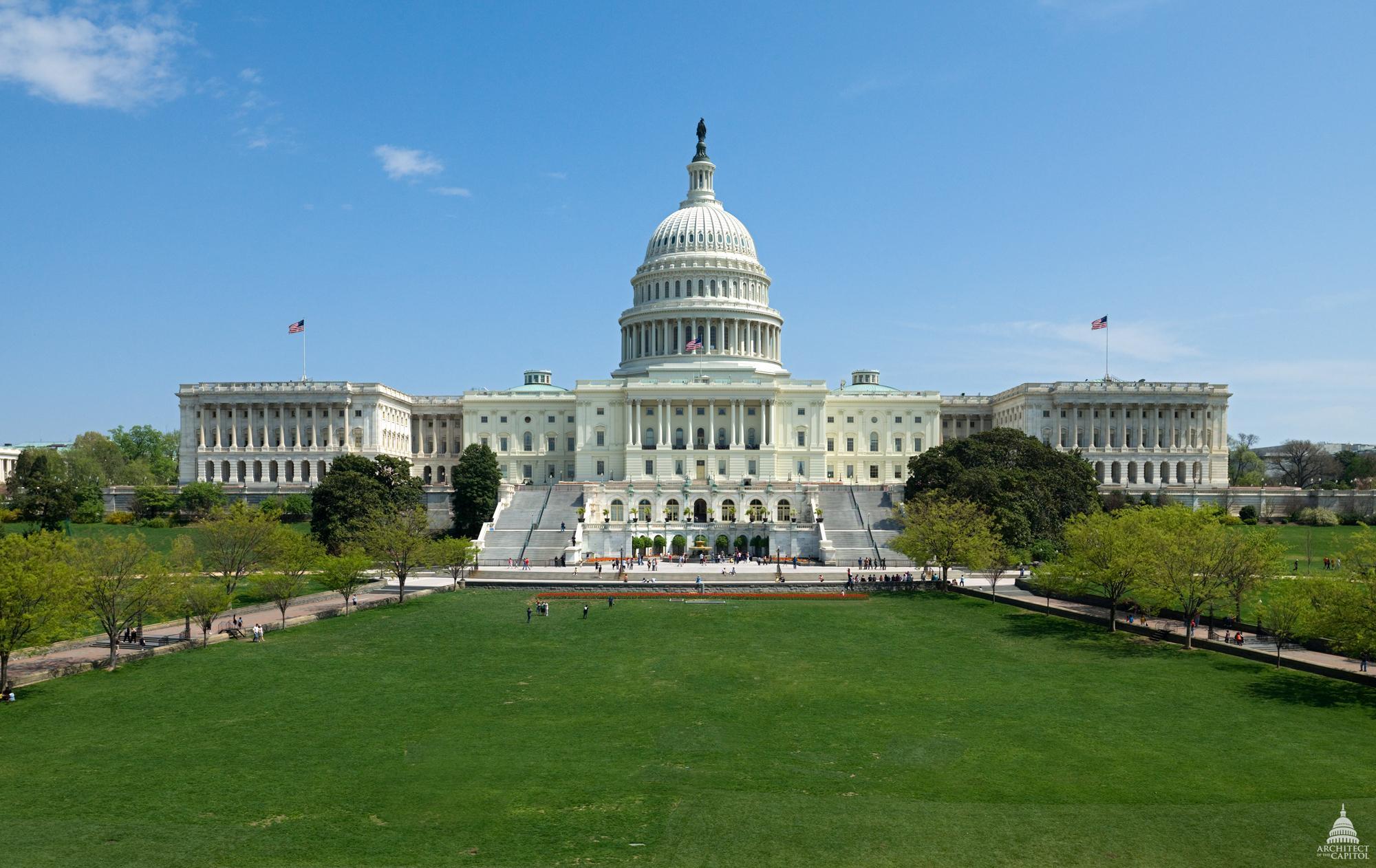Coronavirus Relief Legislation To Aid Business, General Aviation

The U.S. House approved a $2 trillion coronavirus stimulus package March 27 which includes aid for general aviation as it grapples with the COVID-19 pandemic.
The vote follows action by the Senate on March 25. President Donald Trump was expected to sign it immediately.
Once signed into law, the Treasury Department will have to move quickly; procedures explaining the application process to apply for aid must be published within five days.
Passage of the 883-page Coronavirus Aid, Relief, and Economic Security Act (CARES Act) follows intense lobbying by business and general aviation trade groups seeking help for airports, operators, repair stations and small businesses.
The Act includes additional relief for airports through a $10 billion increase to Airport Improvement Program funding and sets aside $100 million for general aviation airports in recognition of their critical importance to communities, especially in times of crisis, the National Business Aviation Association notes.
The CARE Act also contains relief from the 7.5% air transportation federal excise tax for general aviation commercial operations, including Part 135 flights, and suspends the commercial fuel tax until Jan. 1, 2021.
The legislation provides loans and grants to passenger and cargo air carriers, including general aviation commercial providers, such as Part 135 charter operators.
For those commercial passenger operators and for Part 145 repair stations, it sets aside $25 billion in direct loans and loan guarantees. An additional $25 billion in grants are available to those entities to continue wage payments to employees.
Additional loan programs for small and medium-size businesses are also available under the act. While they are not specific to aviation, they may further assist the thousands of small and midsize aviation businesses in the industry, said Ed Bolen, NBAA president and CEO.
“On balance, this bill is helpful for general aviation,” Bolen said. “The industry clearly made its voice heard in ensuring that the important provisions for general aviation airports, general aviation commercial operators and other small businesses were considered as this legislation was assembled, and we look forward to the bill’s passage into law.”




